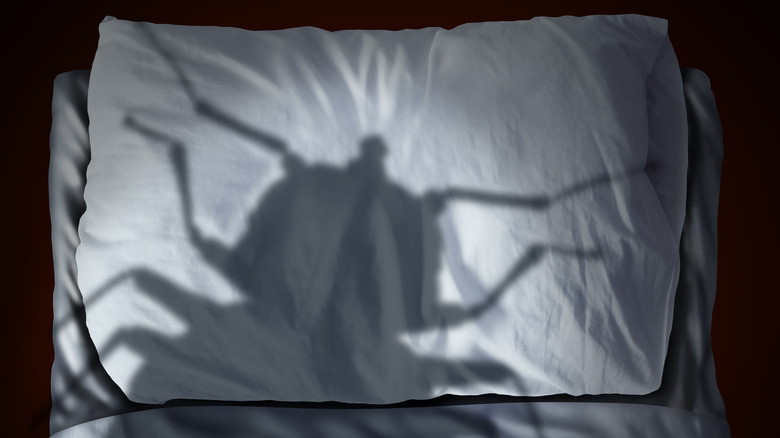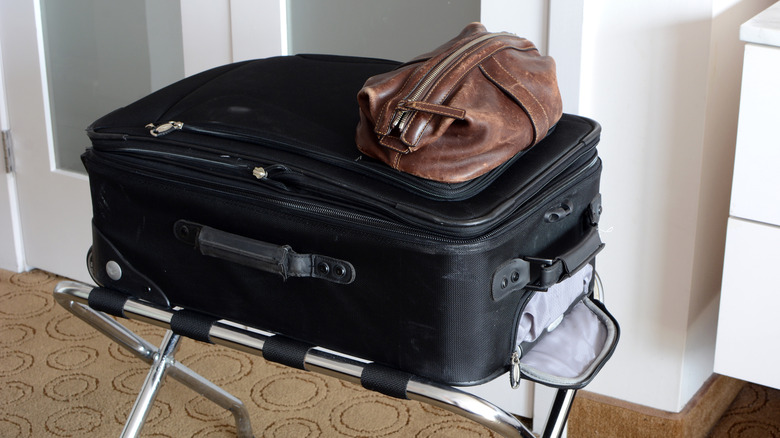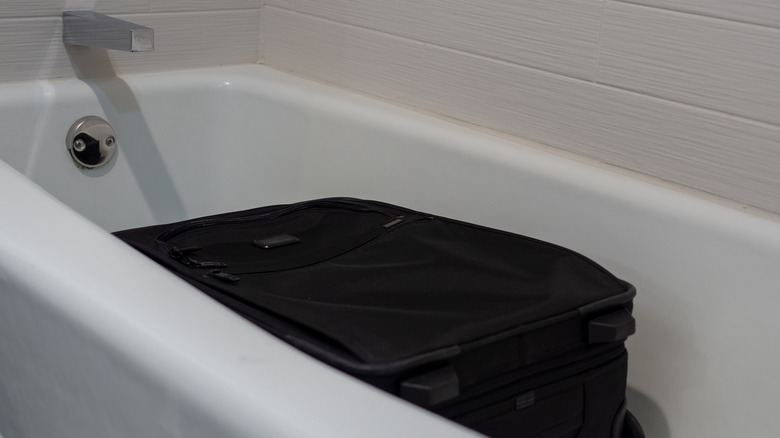Come Home Bedbug-Free Using These Travel Tips
Bedbugs are terrible travel companions. Along with being unwelcome dinner guests, the bugs are also notoriously sneaky hitchhikers. Over just one creepy-crawly night, bedbugs can move quickly into your clothes and luggage. Of course, you don't want to be responsible for transporting the bugs with you on your travels, exposing more people and places to contagion, and you certainly don't want to invite them home with you. It can be difficult (and expensive) to treat a home infestation.
First, let's dismiss one popular misconception regarding bedbugs. Bedbug infestations aren't due to sanitation or cleanliness issues. Hotels can implement the most rigorous cleaning protocols and still experience an outbreak. Whether you're staying at a one-star hostel or four-star resort, you still run the risk of bedbug exposure. Regardless of a facility's cleanliness, it's just hard to sustain long-term bedbug control. As we said, they're sneaky hitchhikers.
To avoid bedbugs when traveling, there are a few tips to help you sleep tight, and if the bedbugs do bite, you can take steps to prevent the blood-sucking stowaways from hitching a ride home with you.
Sleep tight at hotels after a quick inspection
The best way to ensure you return home bedbug-free is to completely avoid bedbugs. After a long day of travel, it's super enticing to flop our bodies and luggage down on hotel beds, but a quick hotel inspection can save you from waking up to bedbug bites and trip-ruining headaches.
Once you arrive, inspect the bed. Bedbugs like to hide in crevices and bed folds, so you'll need to look in the mattress's sides and seams, under the pillows, and pretty much everywhere else around the bed. It's a good idea to also inspect upholstered furniture and drapes. Packing a small, bedbug-dedicated flashlight isn't the worst idea.
Along with inspecting the room, take measures to ensure any well-hidden bugs don't hitch a ride when you leave. Keep your clothes and luggage off the floor, bed, and upholstered furniture. Ideally, store your luggage on the metal luggage racks available at most hotels. If your hotel room doesn't have a luggage rack, consider keeping your luggage in the bathroom or atop any hard, elevated surface.
Don't let the bedbugs bite at home
If you've been vigilant your entire trip, without seeing any bedbugs or receiving one bug bite, then taking further precautions when returning home may seem like overkill. However, while somewhat rare, bedbugs can live in trains, planes, and rental cars. Just a few home invaders can quickly turn into an infestation, and if this happens, you'll need to hire professional pest control services, which won't be cheap.
Once you arrive home, inspect your luggage and clothes in the yard, in the garage, or anywhere far from your bed and home furnishings. Or, if you live in an apartment, empty your clothes in a bathtub or shower. Bedbugs will be easier to spot against a lighter background, and they can't really scurry on hard surfaces.
Similar to checking your hotel bed, inspect the seams, pockets, and linings of your luggage. Obviously, hard-shell luggage is less likely to carry bedbugs. Once you've inspected your luggage and clothes, wash and dry your clothes on high-heat settings, which should kill any bugs that snuck through inspection. Also consider vacuuming your luggage. This may all seem a bit paranoid, but if you thought bedbugs were bad travel companions, they're even worse roommates.


